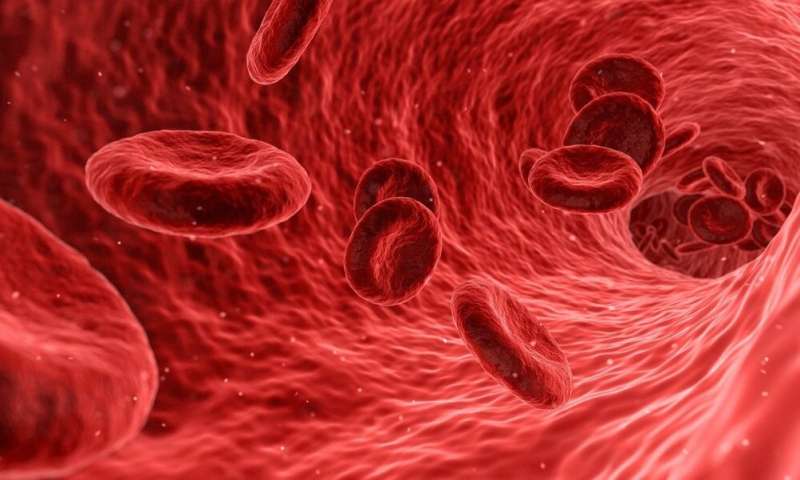High-dose glucocorticoids and IL-6 receptor inhibition reduce COVID-19-associated cytokine storm mortality

The Annals of the Rheumatic Diseases, the journal of the European League Against Rheumatism, EULAR, has published findings of an observational study on the treatment of patients with COVID-19-associated Cytokine storm syndrome (CSS). The study demonstrates that a treatment strategy combining intensive immunosuppression (using glucocorticoids and an IL-6 inhibitor) as well as close monitoring dramatically improves patient outcomes when compared to supportive care only.
The study shows that this experimental treatment protocol can reduce hospital mortality by 65%.
Moreover, it shows that clinically relevant improvement of respiratory status is 79% more likely than with standard of care alone and can be accelerated by a median of seven days. Additionally, the need for mechanical ventilation during admission could be reduced by 71%.
Poor outcomes in people with COVID-19 is associated with a state of systemic hyperinflammation reminiscent of a cytokine storm syndrome (CSS) that has been reported previously as a rare and potentially lethal complication of various infections, malignancies and autoimmune diseases. Immune hyperreactivity is an important complication of COVID-19 in up to 25% of affected patients, often responsible for a fatal outcome.
The study was conducted at Zuyderland Medical Center (ZMC) in the Netherlands, at which a 40% mortality rate amongst critically ill patients with COVID-19 associated CCS was observed under supportive care "only" treatment by the end of March 2020.
It details the results of 86 patients with COVID-associated-CSS who were treated with glucocorticoids (and in some cases an IL-6 inhibitor) from the start of April, 2020. These have been compared with the patient outcomes of a historical control group of 86 patients, matched for sex and age, who received supportive care 'only'. Patients eligible to the retrospectively assembled control group had to be admitted between March 7 and March 31, 2020, and should have signs of CSS.
Study author Professor Robert B.M. Landewé states, "Our study shows that the sickest COVID-19 patients, namely those with signs of cytokine storm, had a dramatic beneficial effect on glucocorticoids. This appears to be one of the contrasting points of our studies compared with others, namely that we have only treated cases with signs of cytokine storm, and not all COVID19-patients."
The treatment protocol included two steps. Firstly, treatment with glucocorticoids for between five and seven days. Secondly, where necessary, the escalation of immunosuppressive treatment with an IL-6 inhibitor between day two and day five, with the possibility of an extension. The study also highlights the importance of combining intensive immunosuppression with early intervention and close monitoring by a multidisciplinary team.
Until now, information about immunosuppressive treatment of COVID-19-associated CSS has only been anecdotal. Several experts, including the World Health Organization, have warned against treating critically ill patients with a COVID-19 infection with glucocorticoids; advice which could have potentially serious implications for many patients.
While the study's authors recognize that these results require confirmation from a randomized controlled trial (RCT), they believe that the outcomes are robust. They also believe that the risk profile of such a short course of glucocorticoids for treatment of CSS needs to be separated from their pre-existing chronic use for conditions like rheumatic and musculoskeletal diseases.
The study's recommendations are that CSS should be recognized and considered as a treatable complication of COVID-19 and that immunosuppressive treatment should be started timely. Additionally, that short term treatment with high-dose glucocorticoids is a convenient choice since they are safe, widely available and inexpensive.
Rheumatologists were involved in this study because of their expertise in immunosuppressive treatment, as advised in recent EULAR Recommendations
More information: Sofia Ramiro et al. Historically controlled comparison of glucocorticoids with or without tocilizumab versus supportive care only in patients with COVID-19-associated cytokine storm syndrome: results of the CHIC study, Annals of the Rheumatic Diseases (2020). DOI: 10.1136/annrheumdis-2020-218479


















